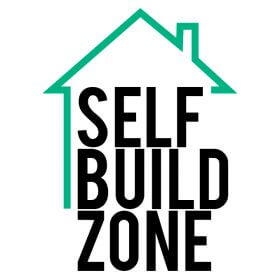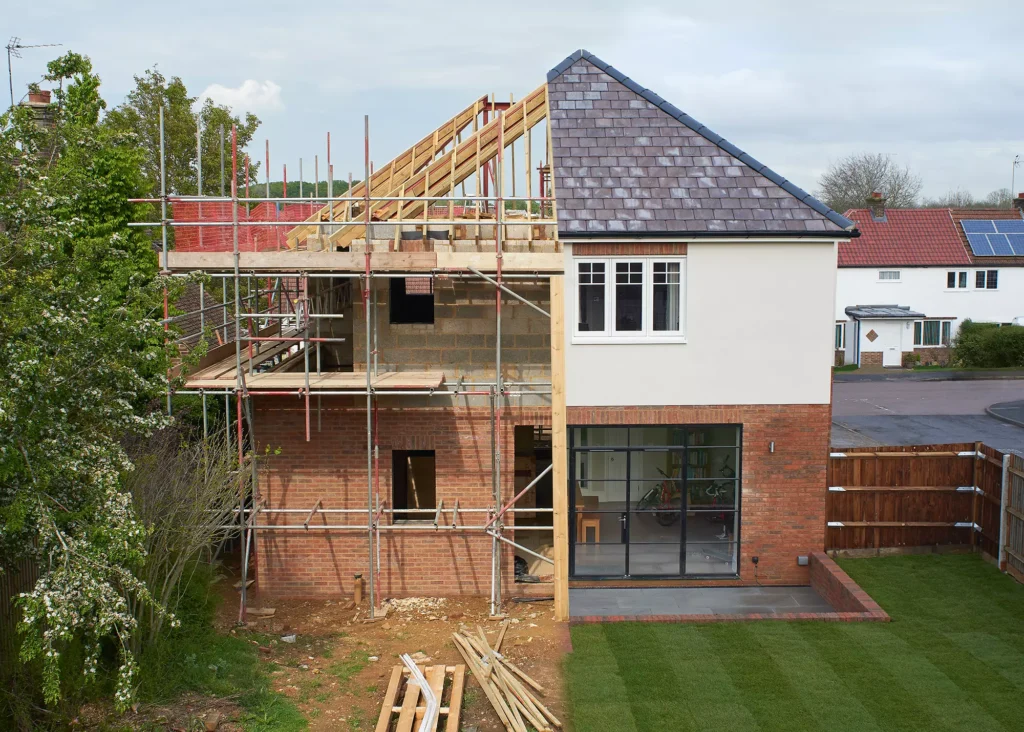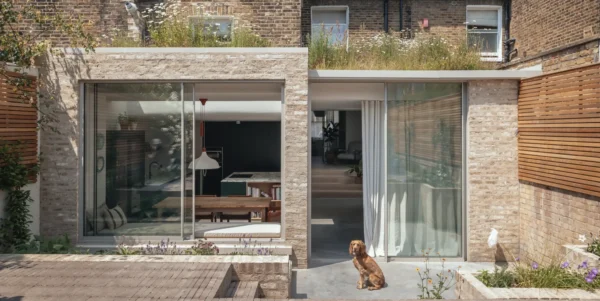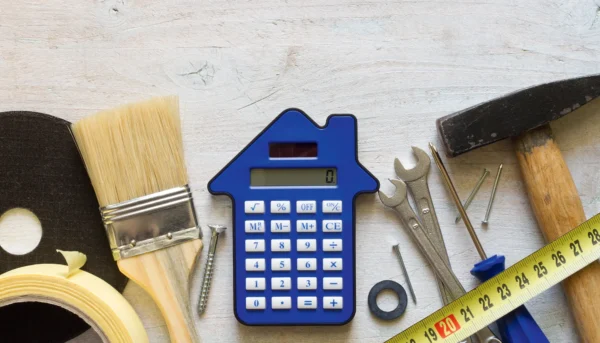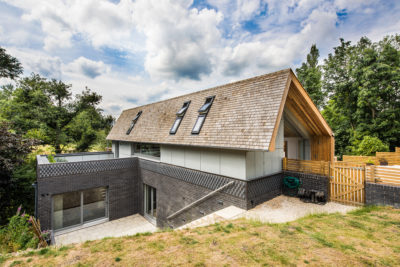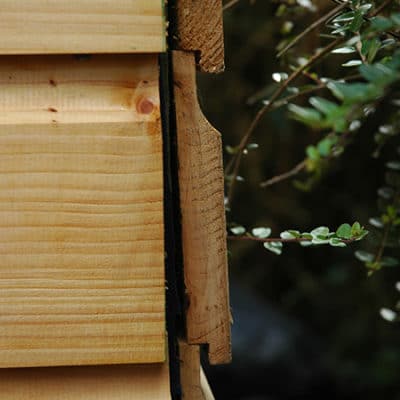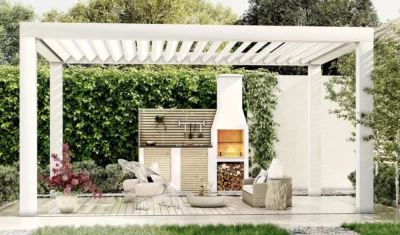Back to Basics: Self Build Insurance
Let’s face it: compared to decisions like choosing a structural system for your project, insurance is one of the dullest products out there.
So, in the initial phases of planning your home building project, it’s not likely to be high on your radar. But maybe it should be.
It’s only when you’ve been targeted by an arsonist or on the end of a serious theft that you can truly appreciate just how important site insurance is. You’ll also want to protect your home investment post-build. Here’s what you need to know.
You’ve Purchased Your Plot – Now What?
At this stage, your dream home may be little more than a sketch. But as soon as you own a plot, you’re liable for what happens on it – including if someone gets hurt. So, from the moment you buy the site, you will need to at least have a public liability policy in place.
If you’re due to begin construction works within the next three months, however, it will be better to purchase site insurance the moment you exchange contracts on the plot. This will cover all aspects of your project from start to finish.
Ready to Start? Site Insurance is a Must
Most site insurance policies provide all the key elements of risk control in one straightforward package. So, as well as dealing with public liability exposure, they will continue to cover workers on site, plant, materials and the works in progress – right up to the point your project is signed off by building control.
Site insurance premiums are usually calculated based on the professional reinstatement cost of the property (what you’d pay for a main contractor to rebuild it). The cover typically runs for three, six, nine, 12, 18 or 24 months – or until the project is complete.
If you are using a lender to finance your project or think you may decide to sell the property in the next 10 years, you will also need a structural warranty. It’s cheapest to arrange this before you start, as the warranty procedure requires inspections throughout your build, starting with foundation excavations.
Can’t I Just Use My Builder’s Insurance?
Unfortunately, this is a myth. A builder may say they’re fully insured, and even believe it themselves. But the chances are they just have some element of public liability. This only covers them in the event they cause damage or injury to a third party following a negligent act; something you would have to prove.
What public liability doesn’t protect you against is issues like storm damage, theft of materials/plant, arson or foreseen liability (preventable issues). It’s also unlikely to cover the site while the builder isn’t there. So, essentially, it’s missing all the things you really need.
Do I Really Need to Insure Hired Plant?
Another myth is that plant hire firms always insure their equipment. In fact, whoever signs the hire contract is invariably responsible for repairing damaged plant or replacing it if it’s lost or stolen during the rental.
That person is also liable for the continuing hire charges until it’s repaired or replaced, which could amount to a big sum. If you need a crane and operator for our project, you’ll be responsible for them – and even a small crane can cost £100,000s to replace. Plant, tools and equipment can all be included on a site insurance policy.
Do I Really Need a Structural Warranty?
Even if you aren’t using a lender, a structural warranty offers an extra level of security that all self builders should consider. A 10-year warranty protects the structure against defects in the design, workmanship and materials – issues that can cost £10,000s to correct.
Having a structural warranty policy ensures you only have to claim against your insurance policy in such cases, rather than proving negligence or pursuing legal claims against builders who may no longer be in business.
When Should I Purchase My Warranty?
Retrospectively seeking a structural warranty after you’ve completed the project is a lot more expensive than arranging it before you start – so it’s always best to do it in advance of the build.
Prior to choosing a warranty, you also need to ensure the provider is accepted by your lender. All insurers have ratings to indicate their financial security. A structural warranty is a long term policy, so it’s crucial you always choose a ‘A’ Rated insurer or higher – so you know they will be able to provide you cover for the full length of your policy.
| Jake Fitness is team leader at Self-Build Zone, which offers a comprehensive range of specialist self build, renovation, extension and site insurance cover, as well as self build warranties. Visit Self-Build Zone for more. |
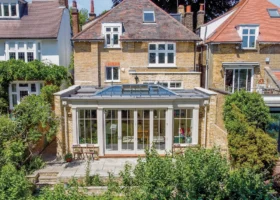



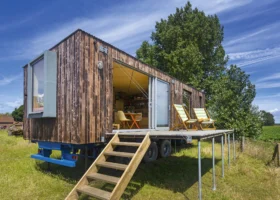
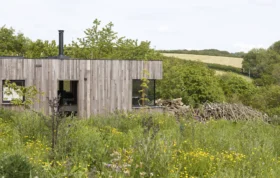

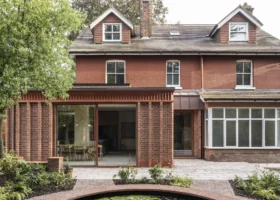
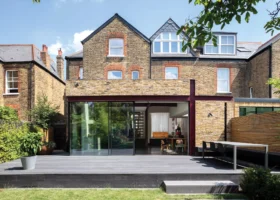




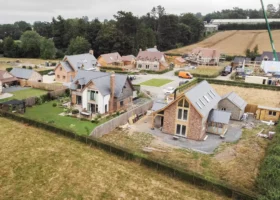



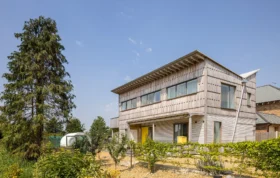
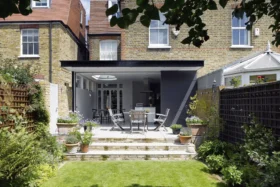
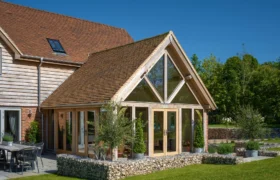
















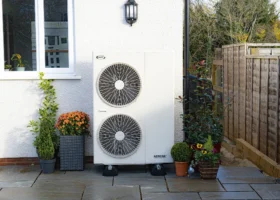

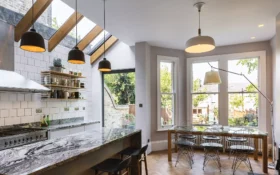




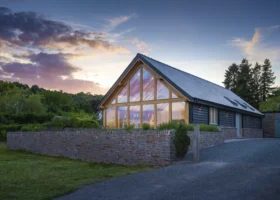
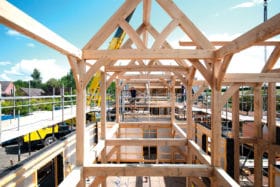
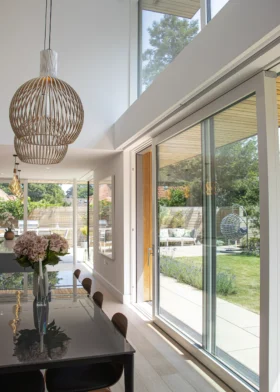
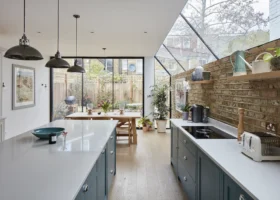




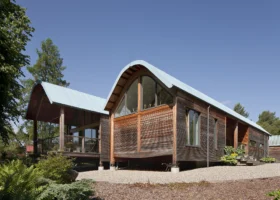

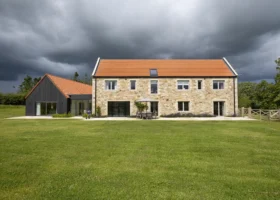
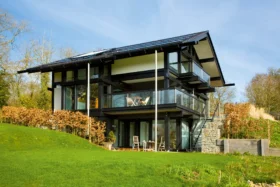



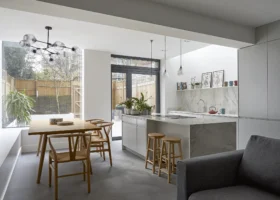

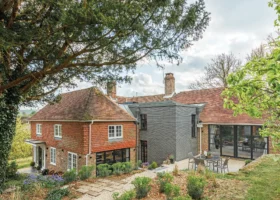
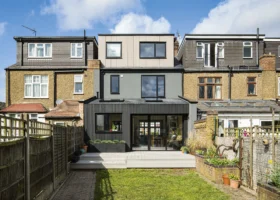
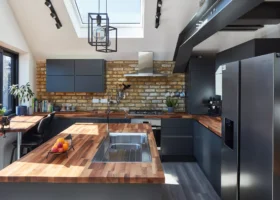
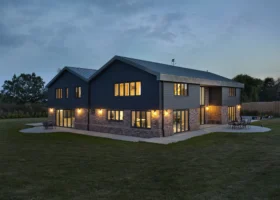

































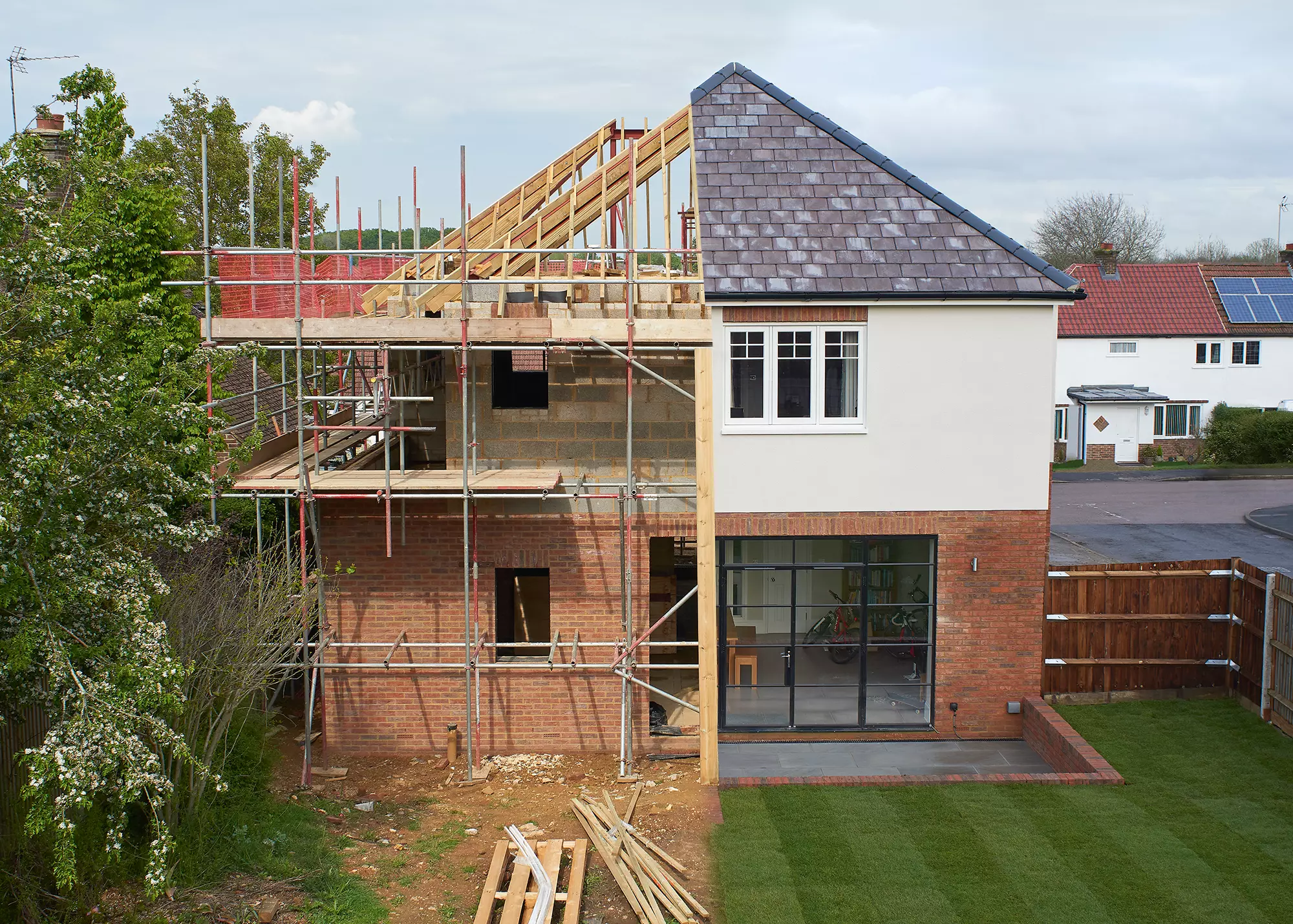
 Login/register to save Article for later
Login/register to save Article for later
